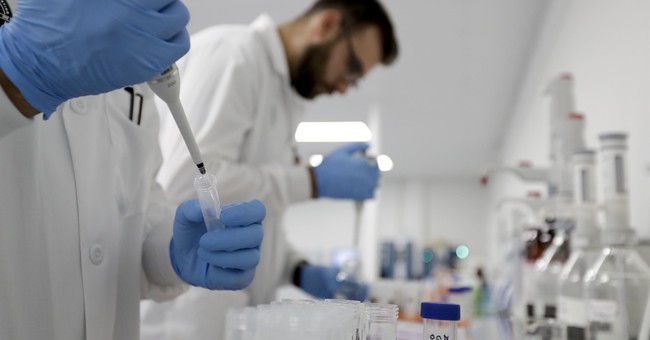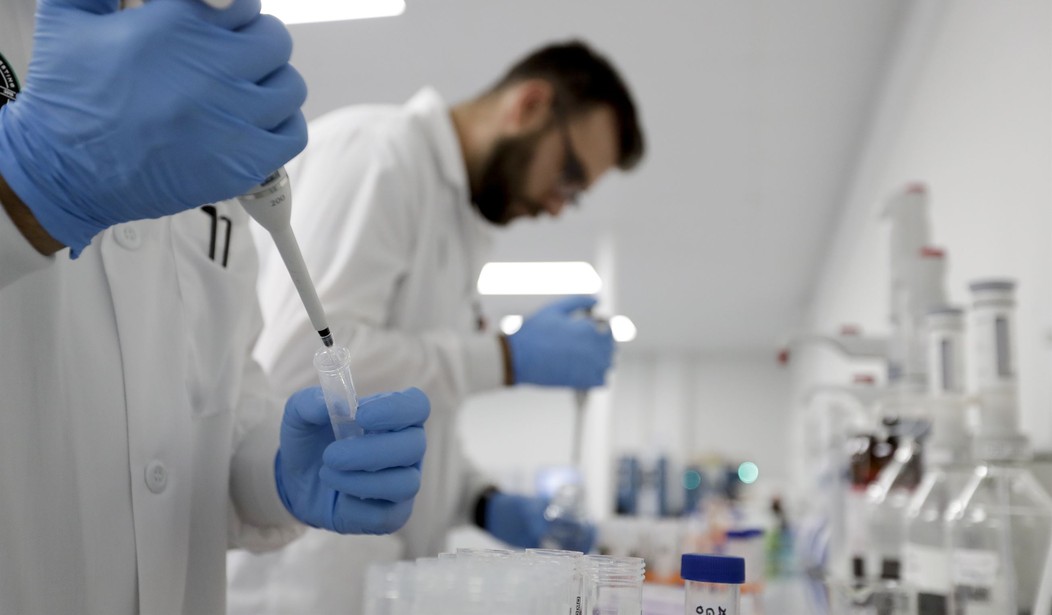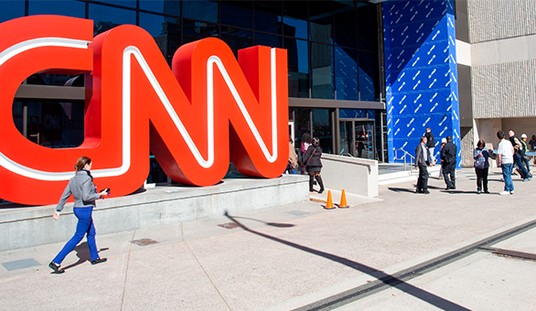
New polls have shown that when it comes to trust in the science community, we’re seeing a double-digit fall among the American people.
According to The Hill, two separate studies have confirmed that the reputation of institutions and scientists have taken a hit in the last few months:
Two new surveys show most Americans still trust leading scientists and institutions like the Centers for Disease Control and Prevention (CDC), but that those levels of trust are beginning to erode.
Nearly 8 in 10 Americans trust the CDC, according to a survey conducted by the COVID-19 Consortium for Understanding the Public’s Policy Preferences Across States, a group of researchers at Northeastern University, Harvard, Rutgers and Northwestern University. That figure is down from 87 percent who said they trusted the Atlanta-based CDC in April.
A poll conducted by the Kaiser Family Foundation found 67 percent of Americans have a great deal or a fair amount of trust in the CDC to provide reliable information about the coronavirus. That number has dropped 16 percentage points since April. Trust in the CDC among Republicans has dropped a whopping 30 percentage points.
When it comes to individuals, scientific figures like Anthony Fauci have found themselves in the midst of a political divide:
Anthony Fauci, the nation’s top infectious diseases expert, is still viewed as the most trusted individual to deliver information about the virus, according to both surveys. But a stark partisan divide has emerged: Democrats are now more likely to say they trust Fauci’s advice, but his image among Republicans has dropped 29 points.
“The CDC and Dr. Anthony Fauci are still the top trusted sources for information about Covid,” said Liz Hamel, who directs public opinion research for the Kaiser Family Foundation. “We see increasing political polarization in how people think about those two sources.”
The question is why. The answer is obvious.
Since the coronavirus outbreak began, the American people have seen a deluge of contradicting information scroll across their news feeds. They heard that COVID-19 is a super deadly virus that could wipe out millions and many believed it. They continue to believe it despite the fact that it hasn’t.
They’ve watched as doctors spoke with news networks about deaths, wearing masks, positive tests, and more to the point where they’ve become overwhelmed with fear. Then they get information coming in from the leaks in the mainstream media’s information dam. They hear about doctors speaking out in disagreement with the doctors being featured on these shows and they have proof. These doctors are quickly silenced, their videos deleted and their reputations suddenly targeted.
Sweden seems to be doing great despite never having a lockdown but for some reason, no one in the mainstream media is really talking about that anymore, at least in a way that gets the word out about them.
Things start to look a little bit more political than scientific.
And therein lies the issue.
We’ve been told ad nauseum that science doesn’t care about politics, it cares only about facts, and indeed it should. The thing about science, however, is that its pursuit of answers isn’t about proving someone right or wrong. We forget that from time to time. We’ve especially gotten that wrong during an election year where being right is worth more than gold.
Both sides of the argument present information that is useful to their side, but this info confuses everyone else who, in a time when just the facts are needed, are getting arguments instead. Our scientific institutions have been dragged into this nonsense as, just like there’s no such thing as an unbiased reporter, there are scientists out there who have an interest in seeing their political beliefs dominate as well.
So science gets tossed out the window.
The trouble is that the vast majority of us aren’t scientists and we don’t have the know-how or the means to find the necessary information out ourselves. We can only work on the information that’s given to us from a million different sources with a million different perspectives.
Is this erosion of trust in our scientific community a bad thing?
You might be surprised to hear me say no.
I think science has become too politicized and has been for some time. Every time I turn around, a Democrat is saying they “believe the science” when it comes to things like climate change as they turn around and tell you that there is no biological difference between men and women and abortion is healthy.
We’ve been training people to believe that when a scientist says something, it’s akin to God handing down a declaration from on high but in reality that’s just not the case. Scientists are figuring out a universe we don’t understand little by little as an infant figures out the world it’s born into. The amount of things we don’t know is overwhelming and will likely stay that way for thousands of years. A “discovery” by a scientist is nothing but one small spec of dirt on a mountain of dirt, and even then, he might not fully understand the spec he found.
I think more skepticism of the scientific community is needed, and especially when it comes to scientists who claim to know the thing they’re talking about inside and out. Especially when it’s reported on by biased reporters who treat science like a booty call.















